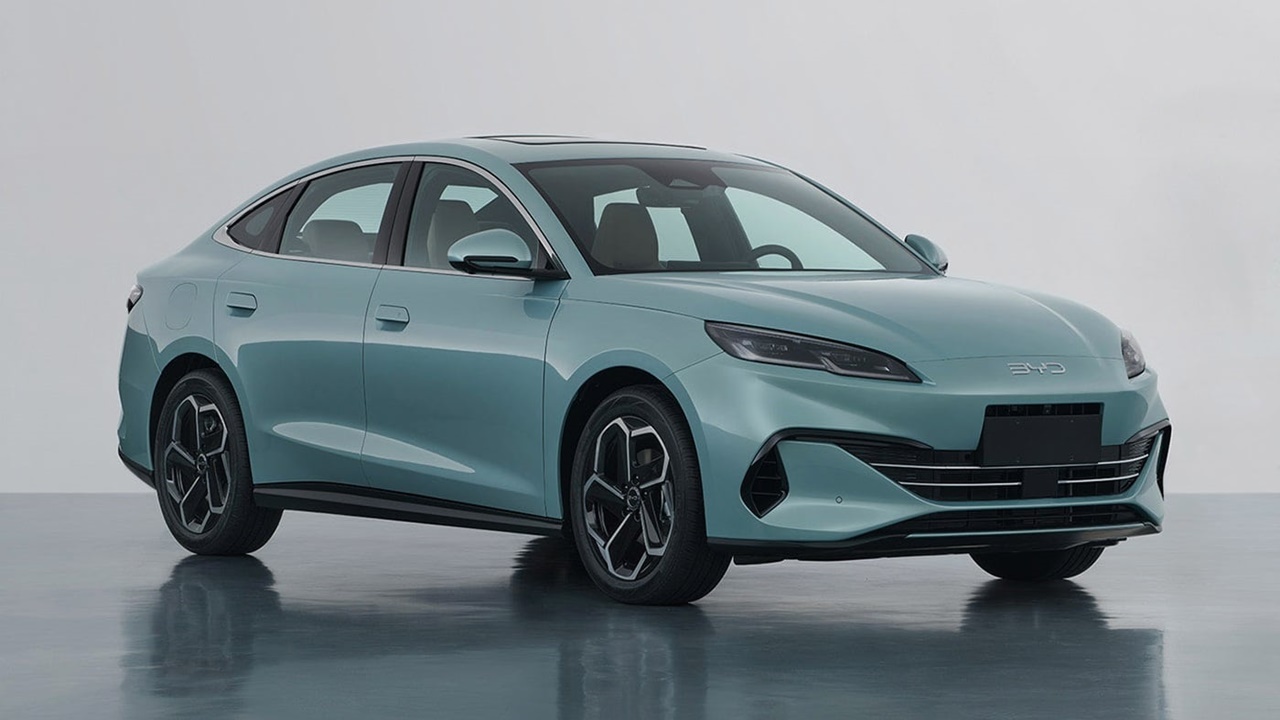Electric car tensions between China and the European Union are escalating. Both sides have taken tough decisions in recent months, increasing regulations on foreign brands. This comes after Chinese brands in particular have made significant inroads in electric cars.
Will Europe impose additional tariffs on Chinese cars?
The European Union launched an investigation last October, alleging that Chinese carmakers were benefiting from unfair subsidies. In March, it began tightening customs registration of electric vehicles imported from China.
Car imports from China to the EU have increased in recent years. Accordingly, Chinese brands reportedly sold more than 350,000 electric vehicles over the past year. As part of the investigation process, the EU said it will announce in July whether it will impose temporary customs duties on electric vehicles originating in China.
The final decision on Chinese models is expected in late 2024. Although possible tariffs on these cars remain uncertain, China’s fast-growing electric vehicles have started to pose a threat in the EU market.
European countries have been looking to increase domestic production in recent years. In this context, companies such as BYD, SAIC and Geely are building factories in EU countries such as Hungary to produce vehicles in Europe. Battery suppliers CATL and SUDAL are building plants in Germany and Spain.
But it will take time for production to move fully to the EU. The Chinese government warns that additional tariffs would damage bilateral cooperation and go against Europe’s interests. Manufacturers such as BMW and Volkswagen, which source parts from China, could also be affected.














